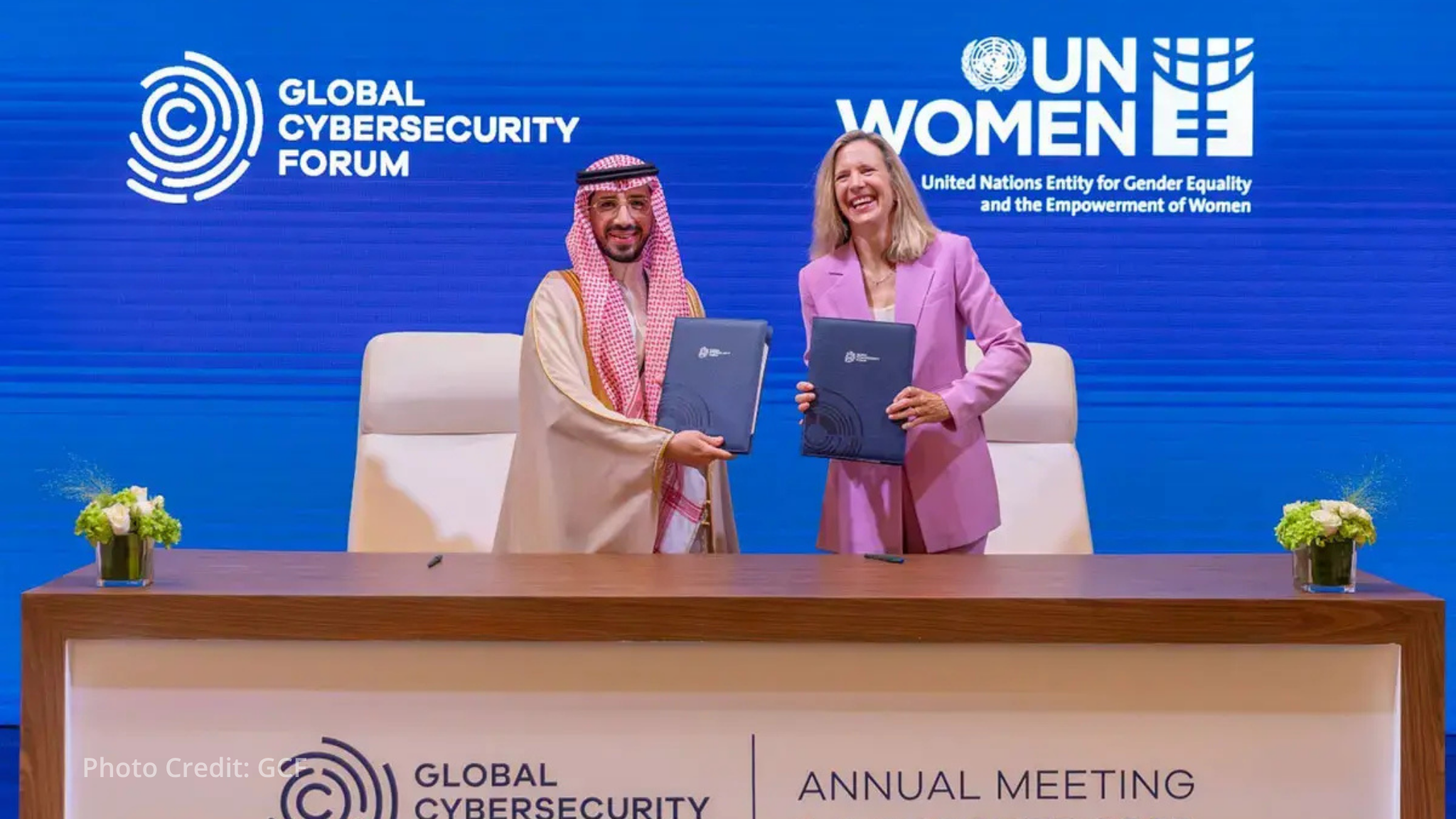The United Nations Entity for Gender Equality and the Empowerment of Women (UN Women) and the Global Cybersecurity Forum signed a deal to get more women into cybersecurity jobs and leadership roles, the organizations announced. The agreement was inked during the GCF Annual Meeting in Riyadh, Saudi Arabia, and aims to boost women’s participation in cybersecurity and the digital economy.
The partnership supports the Beijing+30 Action Agenda and UN Women’s push to make sure women benefit equally from the digital revolution. Women currently make up just 24% of the global cybersecurity workforce, showing the need for stronger efforts to create pathways into this fast-growing field.
The cybersecurity industry faces a huge skills shortage while women remain underrepresented in tech roles globally. Many companies struggle to fill cybersecurity positions even as cyber threats grow more complex and frequent. Traditional recruitment and workplace cultures in tech have often excluded women, creating barriers to entry and advancement. Countries and companies are starting to recognize that tapping into women’s talent is key for building stronger cyber defenses.
The memorandum creates formal cooperation between the two organizations to tackle these challenges. They plan to host high-level meetings and develop cross-learning mechanisms to share best practices and create new opportunities. The partnership will use digital campaigns to reach more women and showcase cybersecurity career paths. Both organizations will use their global networks and expertise to break down barriers that prevent women from entering and thriving in cybersecurity roles.
Closing the gender digital divide could have huge economic benefits beyond just cybersecurity. UN Women’s Gender Snapshot 2025 report estimates that bridging this gap would benefit 343.5 million women and girls worldwide while lifting 30 million people out of poverty by 2050. The economic impact could reach $1.5 trillion in additional global GDP by 2030. These numbers show how investing in women’s digital participation creates ripple effects throughout economies and societies.

